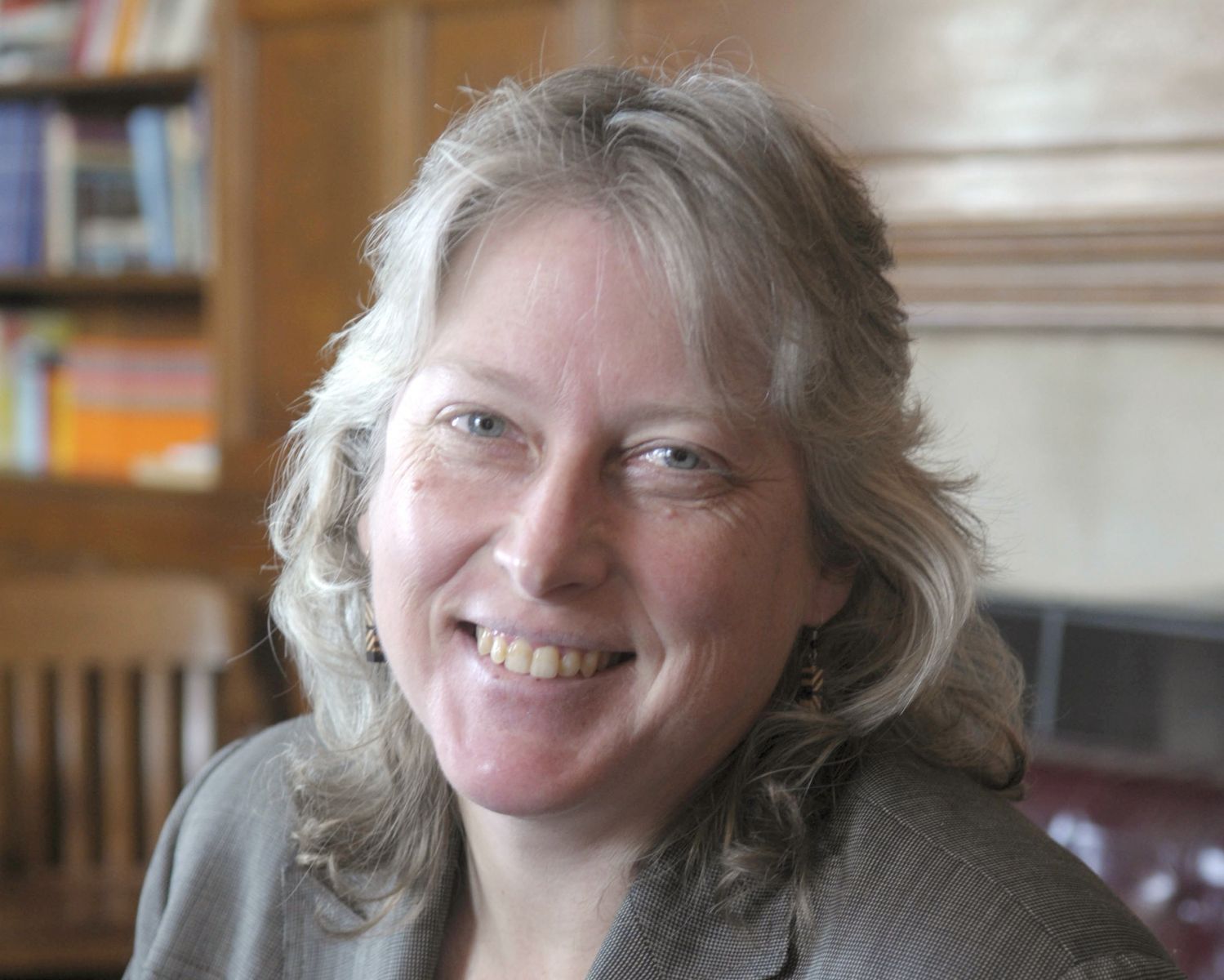Teaching Excellence at Yale
Experiential learning creates opportunities for students to understand course concepts from multiple points of view and offers a rewarding environment outside of the classroom.
Maria Trumpler, Senior Lecturer in Women’s, Gender, and Sexuality Studies (pictured below), uses experiential learning to connect students to historical peoples’ ways of working in her Women, Food, and Culture course. Students investigate why forager-hunter communities would give up the dietary variety, leisure, and relative gender and social equity of their societies for settled agriculture. To further their learning, Trumpler hosts a class session at Yale Farm to learn the art of flatbread baking, giving students one window into what was gained and lost in this lifestyle transition. “Mesopotamian communities put their faith in wheat-based agriculture. So, our hypothesis for this class was, ‘Were fresh-baked unleavened breads so compelling to those accustomed to a diet of roots and berries that they changed their whole social order?,’” said Trumpler.

The students examined types of wheat grown at the Yale Farm; they threshed and winnowed and ground the grain to see the work involved in creating flour. Then each student took a handful of flour, mixed it with water, and shaped it any way they wanted, summoning what they think their ancestors might have done. After baking it in the wood-fired oven, they got to taste their efforts.
In other sections of the class, students go to the Babylonian Collection, the Beinecke Library, the Yale University Art Gallery, and the Peabody Museum to look at food-related objects in the collections, exploring what it was like to use the materials represented to create daily meals. These visits represent a fraction of the rich array of experiential resources available to instructors at Yale, made possible by our colleagues at our museums, galleries, and Farm.
Students’ experiences with bread baking at the Farm helped them consider how social orders are built on specific – and often changing – cultural ideas. Trumpler says that the students in this class were thoroughly engaged with their experience, but that they were not sure that the bread they produced represented enough motivation by itself to take on settled agriculture. Trumpler observed that students who had hands-on experiences and frequent interactions with objects from Yale’s collections made deep connections with the history they were studying. That connection, Trumpler notes, is one of the best routes to better student learning.
Research exploring the benefits of experiential learning:
Researcher John Galbraith explores the student learning gains that result from out-of-class learning experiences in, “Using Student Competition Field Trips to Increase Teaching and Learning Effectiveness”. Read this article online via the Journal of Natural Resource Life Science Education.
Share with us or a colleague:
View or download a PDF version below. Send us your feedback and suggestions. To opt-out/opt-in to this newsletter, please visit Yale’s messaging service website and follow the on-screen instructions (see instructions in the sidebar above).
